DPM reveals portfolio of projects to make Abu Dhabi one of the most livable cities by 2021
Cityscape Abu Dhabi was inaugurated today in the presence of His Highness Sheikh Hazza bin Zayed Al Nahyan, Vice Chairman of the Abu Dhabi Executive Council alongside Executive Council members. His Highness and the Executive Council members then took a tour of the show starting with Abu Dhabi’s Department of Urban Planning and Municipalities (DPM) stand. The DPM showcased a wide array of new urban development projects that have been carefully designed to improve quality of life and liveability in the city. Under the banner of “Transforming Our Abu Dhabi”, these projects are designed to support the ambitious goal set by leadership of making Abu Dhabi one of the most liveable cities in the world by 2021.
To further this objective, the Government has pledged a total investment of AED50 billion in financing to the four key pillars: Business and Investment; Society; Knowledge & Innovation; and Liveability. The DPM has been tasked with focusing on the liveability pillar, which is the driver for the “Transforming Our Abu Dhabi” initiative.
H.E. Falah Al Ahbabi, Chairman of DPM said: “City Happiness is the intended outcome of the project and one of the ways in which we can achieve this is through a healthier and more inclusive Abu Dhabi. The pursuit of happiness is deeply rooted in its history of the UAE. When our nation was established in 1971, Sheikh Zayed highlighted that “the most important achievement of the Union, in my view is the happiness of the community.” To Sheikh Zayed, the wealth of his nation was the happiness of his people, suggesting that happiness is about more than simply economic wellbeing. At the DPM we consider happiness a key measure of social progress and this translates into ensuring that the built environment allows citizens to truly flourish.”
H.E. Falah Al Ahbabi, continued: “Today we are unveiling part of the pioneering vision of our government for the development of our city. Abu Dhabi has been at the forefront of experimenting with sustainable neighbourhood development for more than a decade. By harnessing technology and innovation, we are working to enhance urban environment and reducing environmental impact. “Transforming Our Abu Dhabi” aims to make Abu Dhabi a more liveable city, focusing on key areas: Transport, mobility and urban environment, active lifestyle and the development and cultural programs and projects.
1. Transport, Mobility and Urban Environment:
To enhance transport, mobility and wider urban environment, the DPM is commissioning projects that include a network of new cycle paths throughout the city and Maritime Hub (water taxi networks) through a network of over 50 taxis connecting more than 10 areas and attractions in the city. Furthermore, the DPM is redeveloping many of the city’s most important arterial roads such as Airport road and the Corniche with a comprehensive ‘Street Facelift Program’ that will see improved traffic conditions, pedestrian experiences and climate remediation efforts. These programs are designed to also increase walkability in the city and reduce reliance on automobiles.
2. Active Lifestyle & Development:
The DPM is regenerating 11 of the existing parks in the city and developing three themed parks as well as new ‘pocket’ or ‘verge parks’ and plazas in some of the busiest areas of the city in 2019. In addition, the DPM is creating 45km of exercise trails, rest pods as well as significant development of the Corniche Beachfront and Al Bateen waterfronts that will improve accessibility.
A major part of the “Transforming Our Abu Dhabi” implementation process involves getting feedback and input from communities in order to measure impact. People make choices about cities they want to visit or live in due to a mix of location, quality of life and amenities that, together, make up its sense of place. Also crucial to these developments is the ability to track quality of life targets, so for each of these developments, the DPM has put in place a number of KPIs and targets measuring resident footfall, community satisfaction, tourist footfall, private sector activation, usage and reduction in car use.
H.E. Falah Al Ahbabi, said: “The cities that will lead the way in terms of lifestyle improvements will be the ones with the capacity to integrate ambitious social targets to their development plans. One of the conditions set up by our leadership is to constantly measure progress in terms of engaging and including our communities in the design, planning and management of our city”.
3. Cultural Projects:
A key component of the Sustainable Development Goals (SDGs) is an enlarged scope for the integration of urban culture in future sustainable development strategies, through using innovative tools and approaches. Among those tools, the DPM is developing Street Art programmes in seven of the main auxiliary roads in the city with creative shaded streetscapes, augmented reality walking trails and the integration of public art as part of city colour.
On 9-13 February 2020, Abu Dhabi will host the 10th session of the World Urban Forum (WUF10) – the first time an Arab country will host the landmark forum. WUF10 will contribute to advance a broader strategy that introduces for the first time an element of cultural sustainability to the global development framework. As a nation that champions its cultural heritage and history, the United Arab Emirates can lead the way by initiating this new aspect of the Urban Development Scheme through integrative national policies and programs.
H.E.Falah Al Ahbabi, said: “The Arab world is undergoing major urban transformation. Culture can contribute to sustainable urbanisation in various way. In that perspective, the DPM presented the first results of a study that collects datasets on the urban cultural infrastructure and the presence of innovation clusters across 12 Arab Cities. The study was conducted in partnership with the Ministry of Culture and Knowledge Development and presented at the 1st Pan Arab Urban Development Symposium (PAUDS), which the DPM organised on March 31st in Abu Dhabi in collaboration with the Regional Office for Arab States of UN-Habitat. This study falls under the portfolio of initiatives developed by the DPM in collaboration with key strategic partners pre, during and post WUF10.”
The strategic objective of “Transforming our Abu Dhabi” is about advancing liveability, attractiveness and sustainability of the city, while promoting the adoption of healthy and active lifestyles, fostering social cohesion and connectedness within families and communities and supporting an engaged society for community wellbeing.

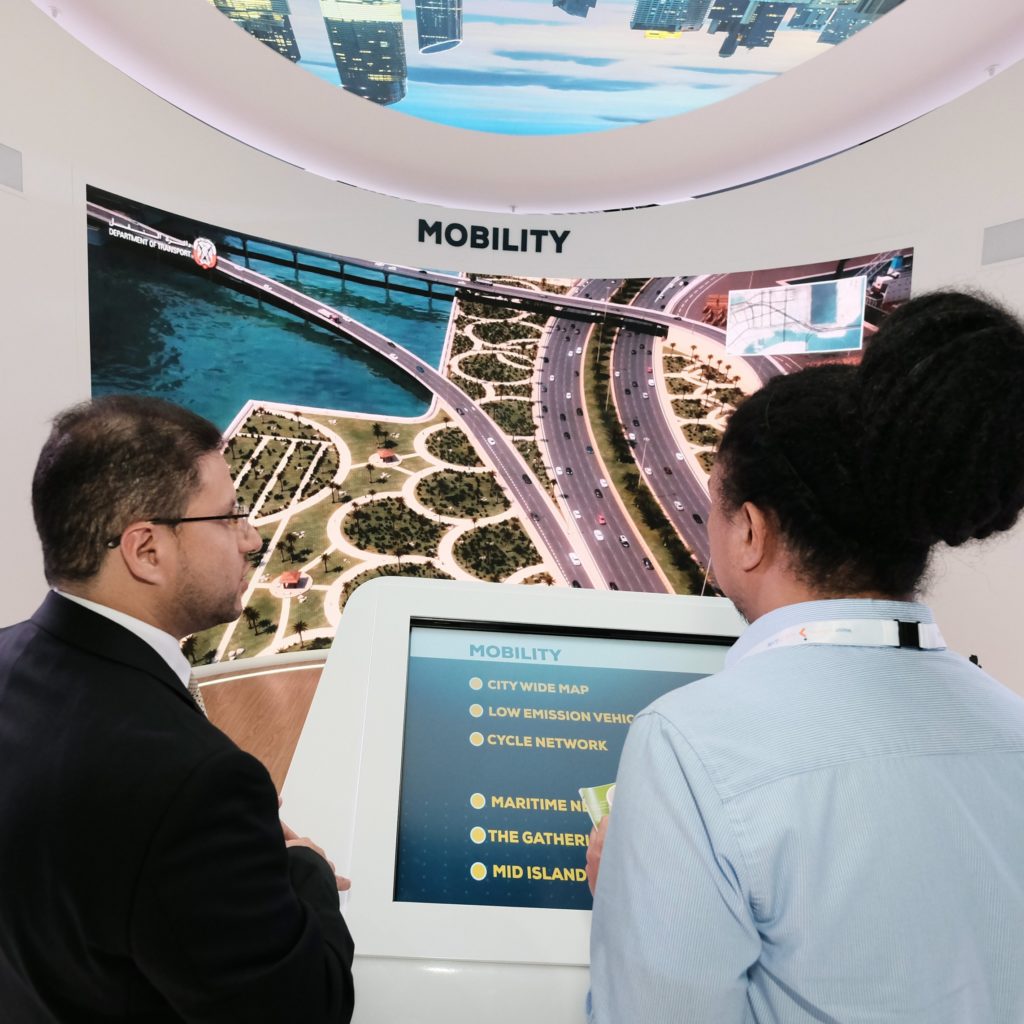


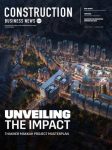
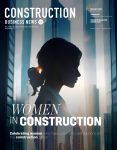
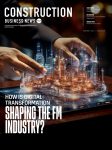

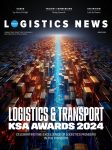
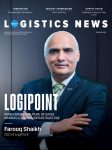
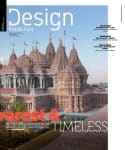
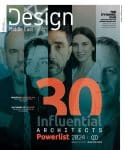
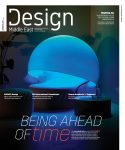
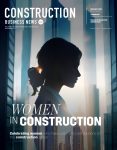
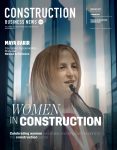

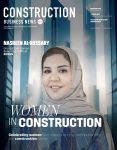
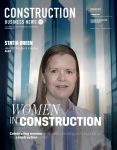
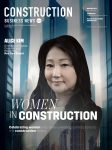
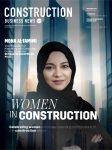
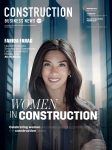
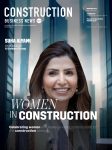
 Kuwaiti developer URC signs with Ahmadiah Contracting for the Commercial District development at Hessah AlMubarak
Kuwaiti developer URC signs with Ahmadiah Contracting for the Commercial District development at Hessah AlMubarak